Apple, AT&T iPhone exclusivity lawsuit granted class-action status
The lawsuit, filed in 2007, accuses both the iPhone maker and AT&T of illegally exerting a monopoly over iPhone customers. It alleges that iPhone users are forced to stay with AT&T after their two-year contract expires, because neither AT&T nor Apple will unlock the iPhone for use on another carrier, such as T-Mobile.
As first reported by Wired.com, this week Judge James Ware of the U.S. District Court in Norther California granted class action certification to the complaint, meaning the plaintiffs now represent anyone who has ever bought an iPhone in the U.S. Mark Rifkin, attorney for the plaintiffs, has argued that AT&T and Apple secretly formed a monopoly with their exclusive iPhone agreement.
"The court has allowed (multiple) plaintiffs to represent 20 million customers who have been forced to use AT&T for iPhone voice and data service," Rifkin reportedly said, "despite an agreement that allows them to terminate at any time and presumably switch carriers."
AT&T, like all U.S. wireless carriers, allows customers to pay an early termination fee and get out of a two-year contract that must be signed in order to purchase an iPhone at a subsidized price. AT&T has been the exclusive carrier of the iPhone since the handset launched in 2007.
In May, Engadget's Nilay Patel dug through old documents in the suit to discover that Apple had revealed in October 2008 that it had initially granted exclusive iPhone distribution rights to AT&T until 2012. While the origianl agreement meant Apple's iPhone could not be offered on a competing carrier's network until 2012, those terms may have changed in the years since. Regardless, the iPhone remains exclusive to AT&T.
Patel write on Friday that it's possible the continuing lawsuit could yield more information on the terms of the private contract between Apple and AT&T.
"While we're definitely curious to see if the plaintiffs can... win something more than a token settlement, we're far more interested to see if they can get any more documentation from Apple nailing down its actual agreement with AT&T," he wrote.
 Sam Oliver
Sam Oliver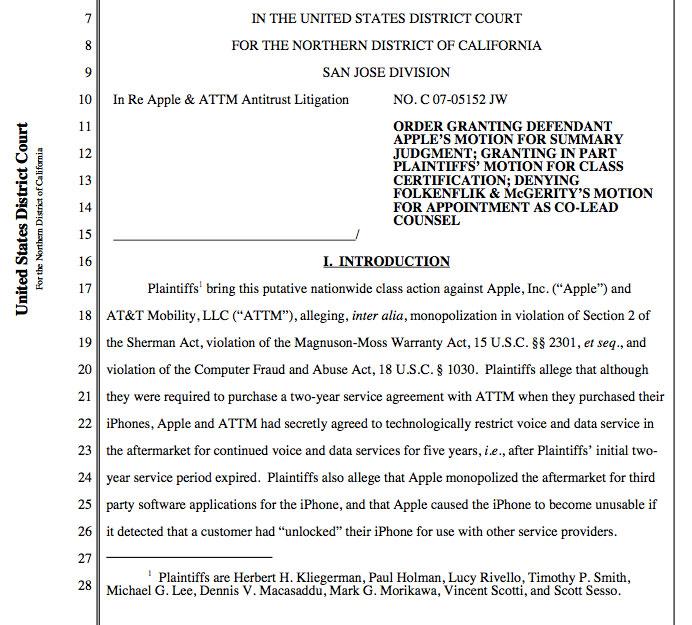
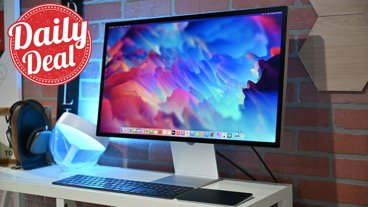
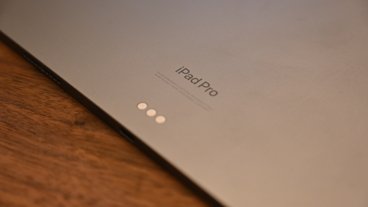








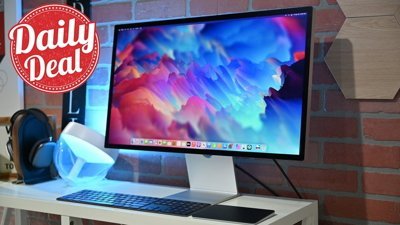
 Christine McKee
Christine McKee
 Malcolm Owen
Malcolm Owen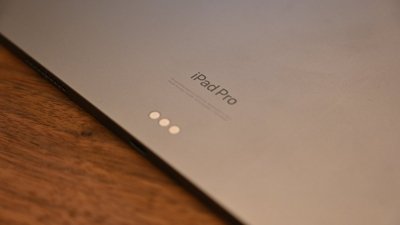
 Charles Martin
Charles Martin
 Mike Wuerthele
Mike Wuerthele


 Chip Loder
Chip Loder
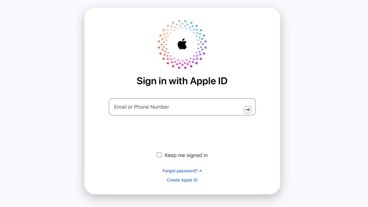






203 Comments
Where do I collect my chump change?
This is a stupid lawsuit and won't go very far. Companies have a legitimate right to choose the distribution method for their products. Toyota is free to sell their cars only through Toyota dealers. If I invent something new, I'm free to sell it only through Best Buy or Walmart or Billy Bob's Bait and Tackle if I wish.
Consumers do not have an absolute right to any product they wish to buy. They have a right to buy it under terms that the seller chooses to offer. Any other rule would be a disaster.We really need 'loser pays' for lawsuits in this country.
For those people that are interested, it would be nice to be able to unlock the iPhone to get to any other carrier (read T-Mobile) after their contract was up. T-Mobile might be able to supply some relief (I realize the radio issue would make T-Mobile suboptimal) for lower demand users at a lower price. I don't care, but its at least a good thing if it happens. I don't know about all this exclusivity=monopoly stuff though, it seems quite a stretch. All these complainers about Apple/iPhone/AT&T are trying to get action through anti-trust/monopoly complaints it seems. I just don't buy it.
My .02.
"Consumers do not have an absolute right to any product they wish to buy. They have a right to buy it under terms that the seller chooses to offer. Any other rule would be a disaster."
CORRECT.
But the agreement between customer and supplier will override the agreement between manufacturer and supplier - ie the "under terms that the seller chooses to offer". It is the agreement signed by the user which governs the conditions of use for said user - not any agreement that the user did NOT sign, and (probably) had no knowledge of.
Actually, I think that they might have a case about people being unable to unlock their phones. I just bought an iPhone4, and committed to AT&T for a 2-year contract... why can't I go to Europe, slip a sim card into the phone and use it there? I'm still paying the AT&T contract, and there is no technological reason I can't (the same model phone works just fine on Orange in the UK).
I don't really think that kind of logic is what's motivating the people suing, but it is a reasonable question, and one that I wouldn't mind seeing addressed.